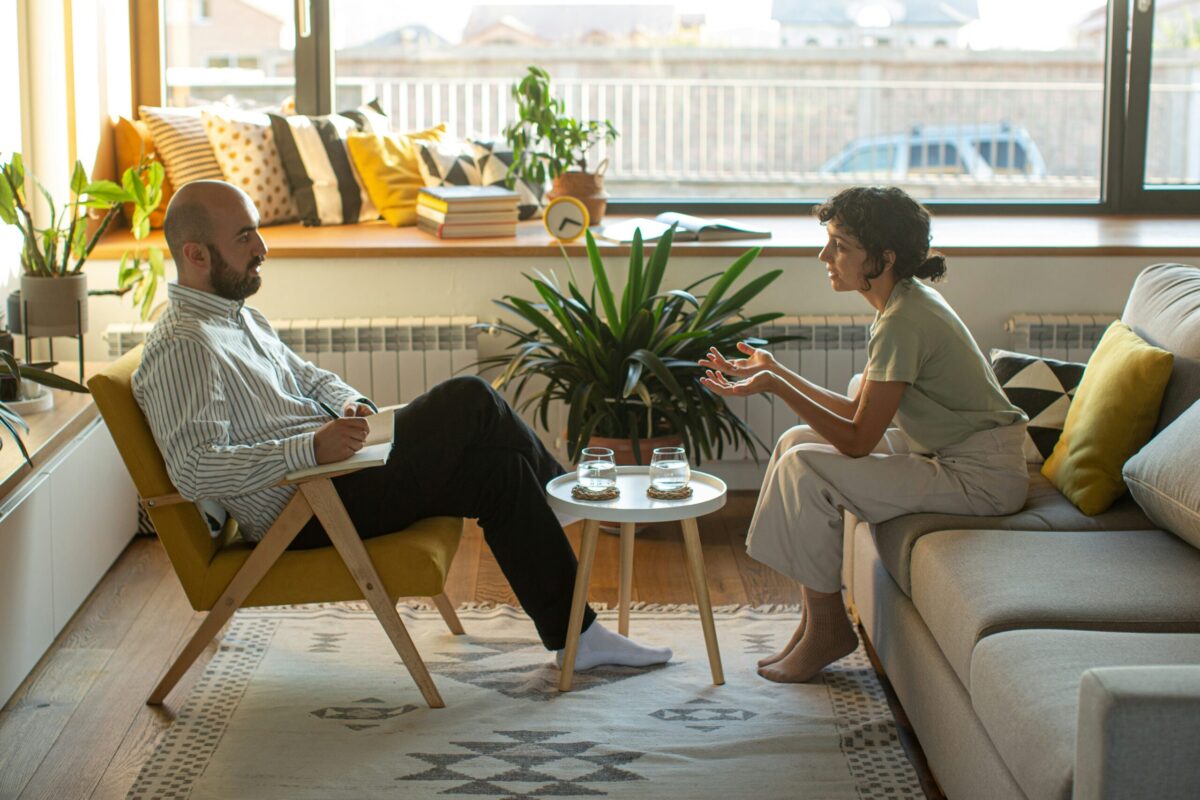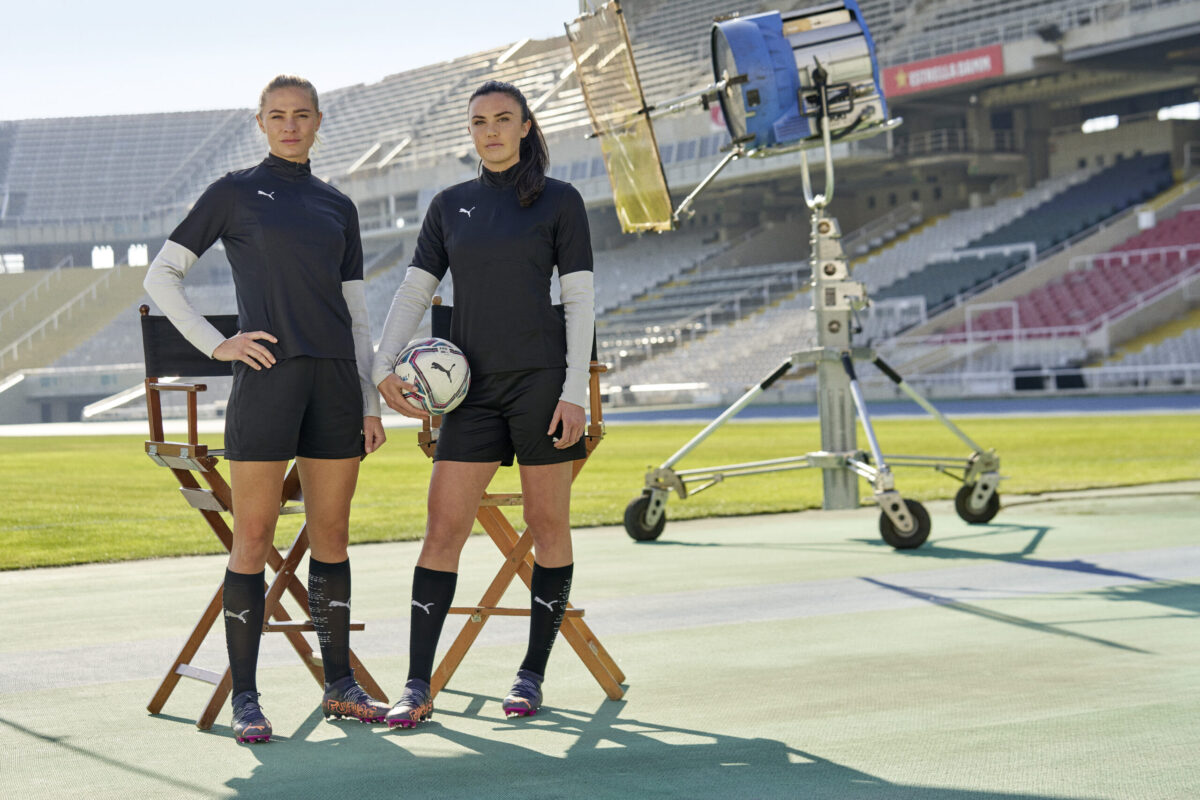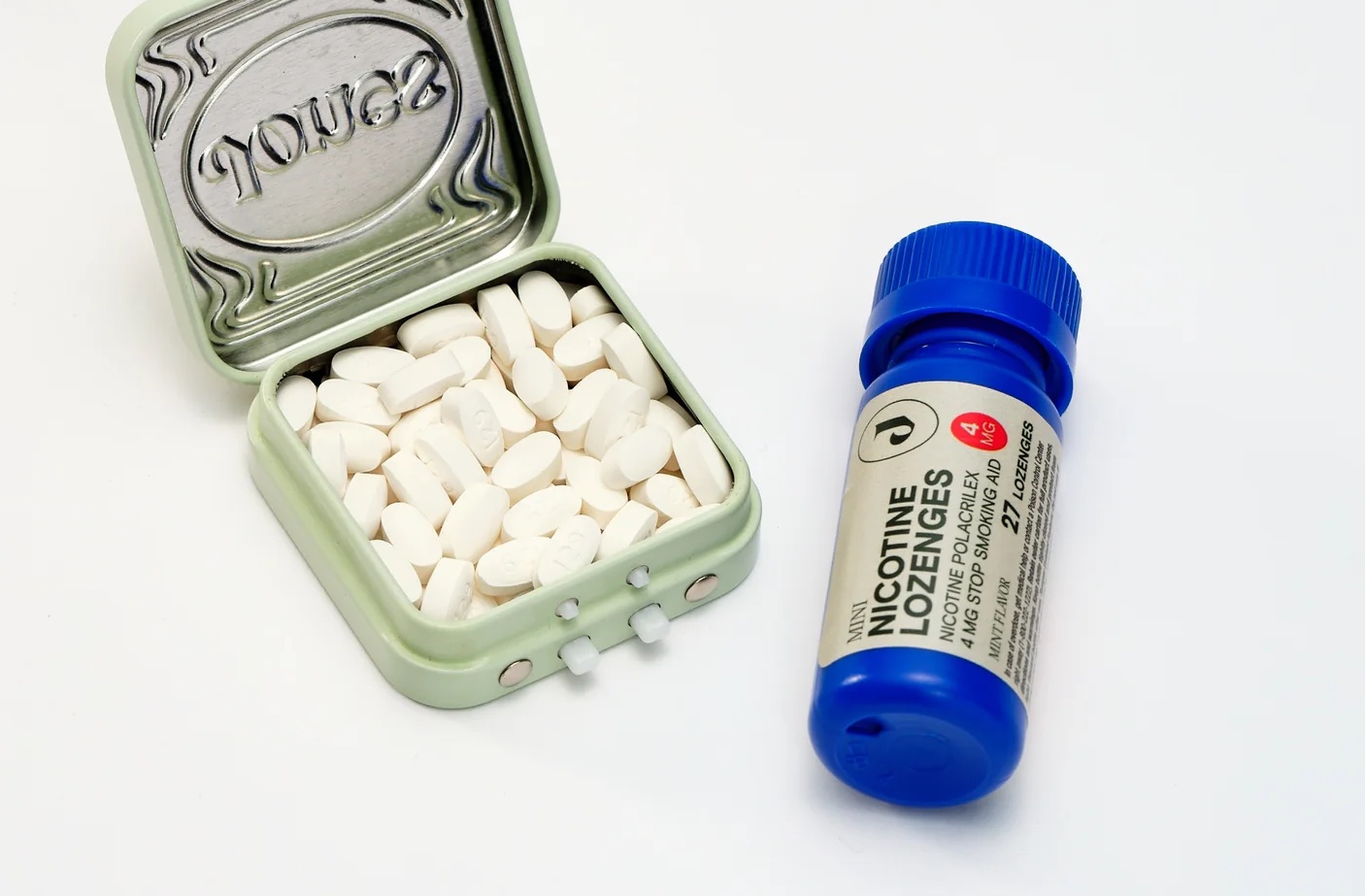The “foodie generation” is feeling pressured from all directions.
What’s happening: According to a new Ketchum report, Gen Z wants to eat healthier, but they aren’t sure how.
- 60% feel scrutinized to eat healthy, causing the majority of women to feel less comfortable in their bodies.
- While the majority of Gen Zers find social media anxiety-inducing, 70% still follow food influencers.
- Despite 72% saying sustainability and animal welfare are important, less than 16% actually make purchase decisions around those values.
With the burden of rising food costs and societal expectation looming, 62% of Gen Zers believe their eating patterns are “wrong.”
What it means: Gen Z is torn between social responsibility and saving money, and the gap between their beliefs and buying habits is fueling food anxiety.
Unwilling to pay a premium for plant-based, non-GMO, sustainably sourced everything, they still look to Big Food to supply their favorite snacks.
But, they’re willing to splurge on brands that make healthy choices easier and more exciting.
- Seafood company Fishwife stood out by rebranding tinned fish as protein-packed, European-chic dinner fare, riding TikTok’s “girl dinner” trend.
- YouTuber MrBeast’s chocolate and candy company Feastables sells gluten-free and low-sugar snacks by gamifying the consumer experience with stunts and giveaways alongside every product drop.
- Leveraging the power of influencer-fan relationships, Mediterranean food chain CAVA won over Gen Z through a collab with YouTuber Emma Chamberlain.
On the beverage side, OLIPOP upended the soda industry by going all-in on organic TikTok content, giving creators space to spin off viral recipes like the “sleepy girl mocktail.” Another approach, YouTuber Logan Paul used his social media stardom to launch PRIME, an energy and hydration drink brand that has been a viral hit among Gen Z (and Gen Alpha).
Of note, while all the brands boast better-for-you properties, none made it the focal point of their messaging, choosing instead to underscore a sense of healthy hedonism.
Punchline: Health-conscious CPG startups should consider sustainability and a strong social presence table stakes, but adhering to that strategy alone won’t break through the noise. In a world where virtue-signaling creates anxiety, Gen Z is reserving its discretionary dollars for bold brands that, by way of novelty or nostalgia, bring joy to the table.
 CAVA
CAVA


